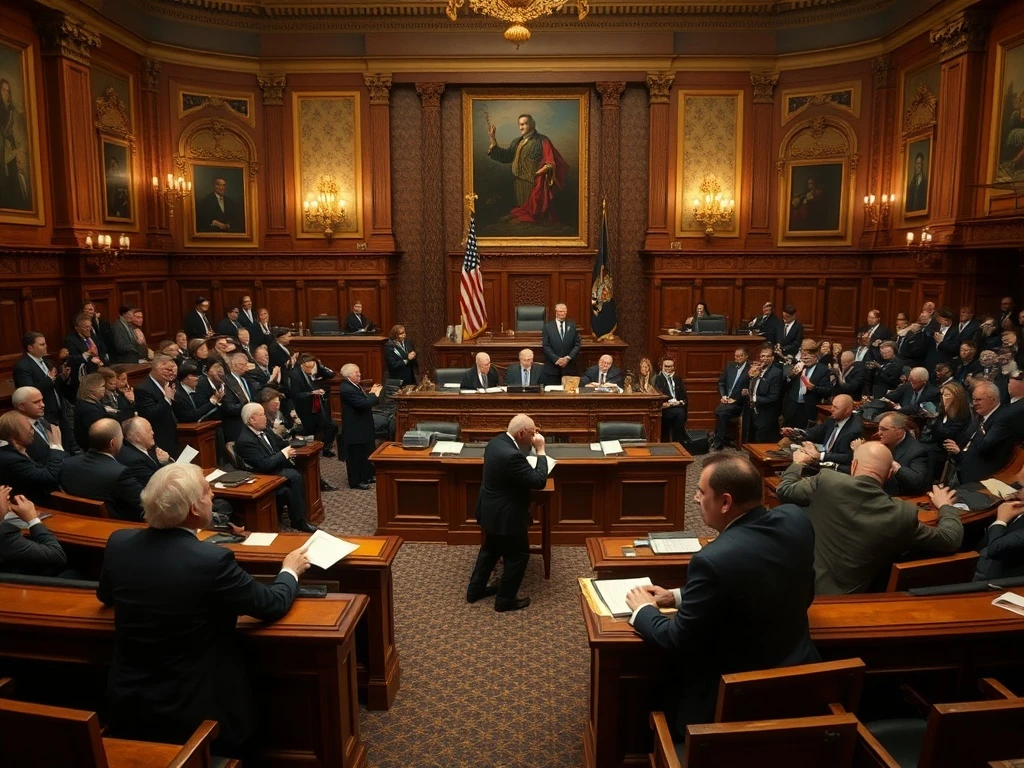Senate Panel Sparks Controversy with Stock Trading Ban – Exemptions for Trump and Vance Raise Eyebrows

The Senate Homeland Security and Governmental Affairs Committee has taken a bold step by approving a bill to ban congressional stock trading, but not without controversy. The legislation, which excludes former President Donald Trump and Senator J.D. Vance, has ignited debates on political transparency and ethical standards. Here’s what you need to know.
Senate Panel Approves Stock Trading Ban: Key Details
The bill, passed by an 8–7 vote, prohibits federal officials from trading individual stocks while in office. However, it allows investments in index funds and retirement accounts. The exemption for Trump and Vance, added as an amendment, has drawn criticism from both parties.
Why the Congressional Stock Trading Ban Matters
- Transparency: Aims to reduce conflicts of interest among lawmakers.
- Public Trust: Addresses growing scrutiny over politicians’ stock trades.
- Enforcement Challenges: Critics question how compliance will be monitored.
Political Reactions to the Stock Trading Ban
Democrats argue the exemptions undermine the bill’s integrity, while Republicans fear it could deter public service. The White House has also expressed concerns about potential administrative complications.
What’s Next for the Stock Trading Ban?
The bill now moves to the full Senate, where its fate remains uncertain amid partisan resistance. Proponents hope it will restore public confidence in political ethics.
Frequently Asked Questions (FAQs)
1. What does the stock trading ban bill propose?
The bill prohibits federal officials from trading individual stocks but allows index funds and retirement accounts.
2. Why are Trump and Vance exempt?
An amendment was added to exclude them, ensuring the bill’s advancement despite opposition.
3. How will the ban be enforced?
Details on enforcement mechanisms remain unclear, raising concerns about effectiveness.
4. What are the arguments against the bill?
Critics say it could discourage public service and be used as a political weapon.
5. When will the Senate vote on the bill?
The timeline is uncertain, as the bill faces significant Republican resistance.









